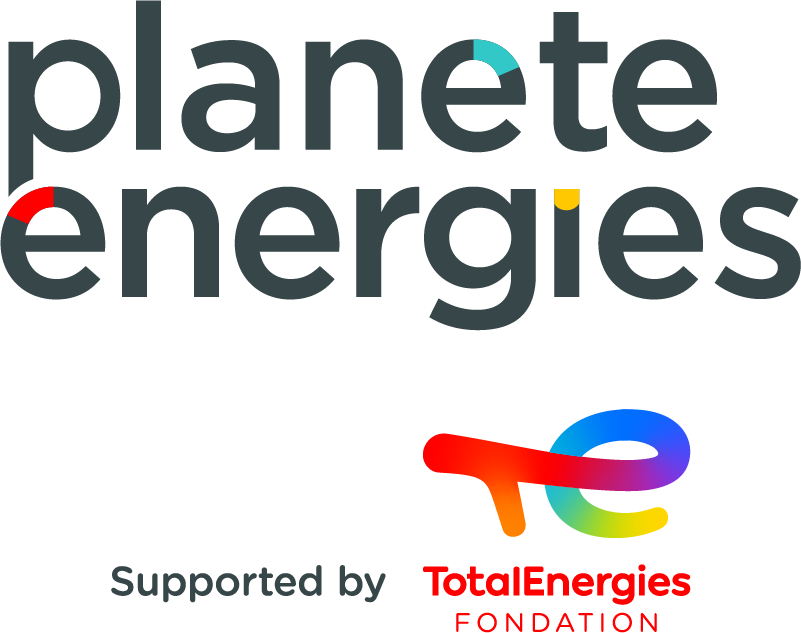Oil and Gas Trading: The Role of a Trader
5 min read

© TotalEnergies
What is the role of an oil and gas trader?
Oil and gas refers to all financial transactions related to the buying and selling of these hydrocarbons. Organizing these transactions is complex, because trading is global in scale and heavily dependent on supply and demand. All the major oil companies have trading subsidiaries that buy and sell oil and gas on their behalf. There are also independent trading companies whose activities are purely financial.
Traders handle these speculative transactions, which serve one of three purposes:
- Securing a steady supply of for the company’s refineries. To do this, traders compare refinery demand with the supply of crude oil produced by the company. If there is not enough crude, they can buy some in advance. This ensures that refineries won’t have to shut down for several days because they don’t have the right amount and grade of oil.
- Selling surplus crude oil that the company doesn’t need for its refineries.
- Selling finished products, such as , manufactured in the refineries.
Traders need to be able to anticipate the market risks that can impact these transactions, in order to limit financial losses. Crude oil prices are determined by demand and the ability of producing countries to meet this demand with sufficient supply in a timely fashion. They are affected by economic conditions and geopolitical events and can experience sharp, temporary fluctuations within slower, longer-term trends.
The spot market for oil and gas: how it works and what's at stake
Transactions are carried out in a real-time market known as the spot market. In this type of market, physical quantities of oil are traded to meet immediate demand. Traders aim to make profits in their day-to-day transactions by selling their oil to the highest bidder and buying cargos at low prices and quickly turning them around at a higher price.
A cargo of crude oil can often change hands several times, even while it is being transported by ship. For example, oil already on its way to the United States may be bought during transit by a Dutch refinery in Rotterdam and end up in a French refinery that needs it more urgently.
Oil and gas futures markets: futures contracts and risk management
Traders often buy crude oil to supply their oil company’s refineries. Whatever its origin, it has to be refined into finished products, such as fuel or feedstock for the petrochemical industry, to meet consumer demand. However, several months can elapse between the time a cargo of crude oil arrives at the refinery and the time it is resold in the form of finished products. During this time, the price of crude oil can fluctuate, impacting the resale price of the finished products.
In this case, two scenarios:
- If the price goes up, the company makes a profit by selling its finished products for more.
- If the price oil falls, the value of refined products also falls. When this happens, the trader makes a loss.
To protect against this risk, traders can buy and sell oil in futures markets. These are markets where the buyer and the seller sign a contract covering a set amount of oil for delivery on a specified date at a previously arranged price.
By entering into this type of contract, traders protect their companies from falling oil prices. Before the crude oil is even refined, they know how much the finished products will make and price fluctuations will have no effect on profits.














